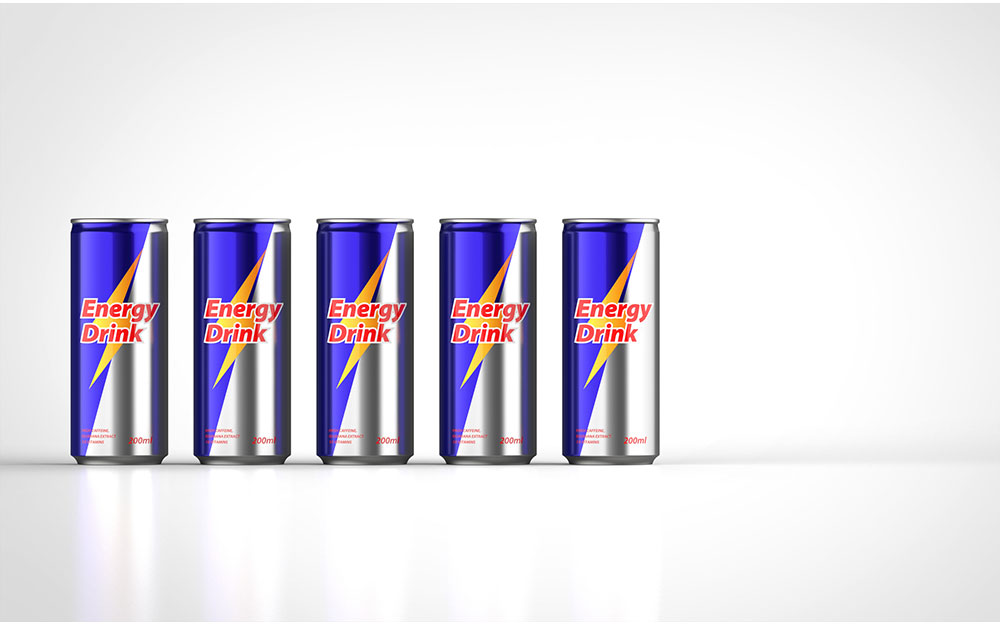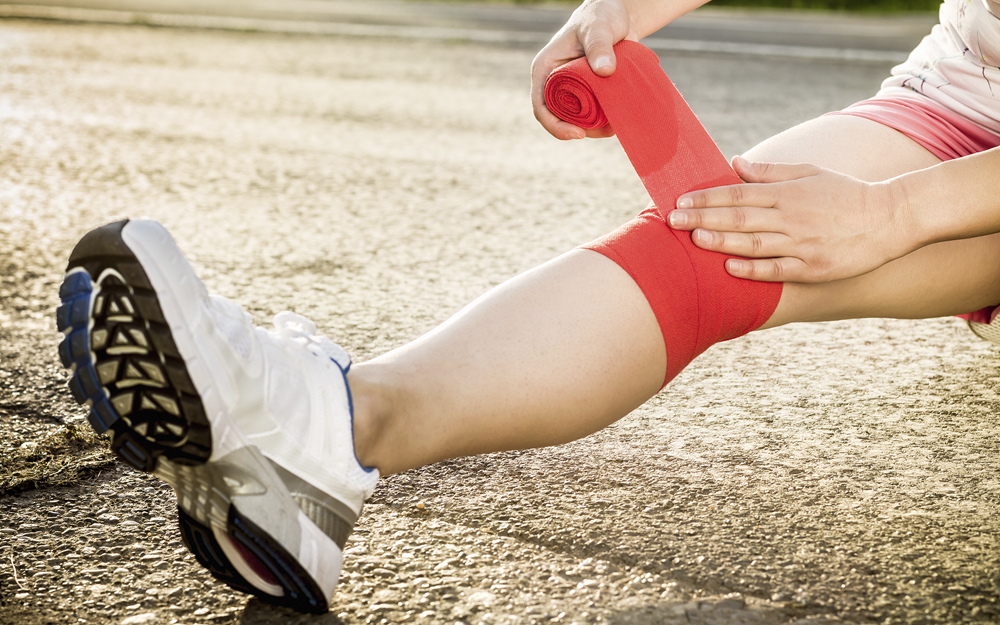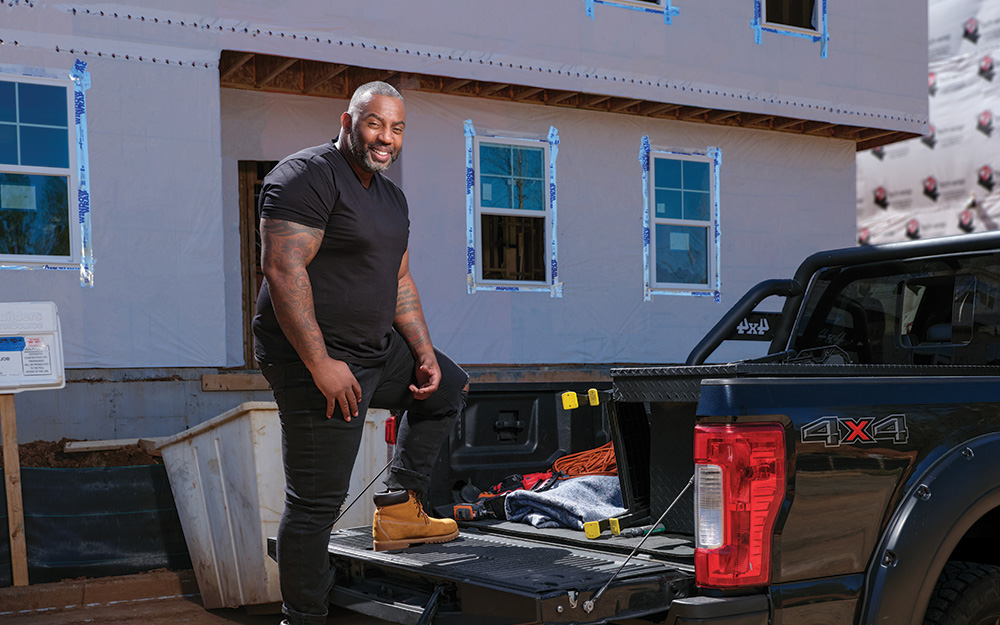Are Energy Drinks Bad for My Kid?
Date
January 1, 2025

Date
January 1, 2025
Credits
Medical providers featured in this article

In Brief
{{cta-block}}
The U.S. energy drink market is worth about $25 billion and is rapidly growing. The target consumer demographics are teenagers and young adults. As a physician specializing in the care and treatment of adolescent and teen patients, I believe it is vital that parents are provided with the facts about energy drink consumption in young people.
{{providers}}
Keep Your Kids Away From Caffeine
The total amount of caffeine in some cans or bottles of energy drinks can exceed 500 mg (equivalent to 14 cans of standard caffeinated soft drinks) and is high enough to result in caffeine toxicity.
The American Academy of Child and Adolescent Psychiatry and the American Academy of Pediatrics advise against caffeine for children under 12 years of age and against any use of energy drinks for all children and teens. These expert organizations also suggest limiting caffeine to 100 mg (about two 12 oz cans of cola) daily for those 12-18 years old.
Caffeine acts as a stimulant in the central nervous system. Too much caffeine can cause symptoms including:
- Headache
- Insomnia
- Nervousness
- Irritability
- Frequent urination or inability to control urination
- Rapid heartbeat
- Muscle tremors
The potentially harmful effects of caffeine on various organ systems include increases in heart rate, blood pressure, speech rate, motor activity, attentiveness, gastric secretion, diuresis and temperature.
Caffeine can trigger sleep disturbances or mood changes, increase anxiety, and play a role in triggering arrhythmias and abnormal heartbeats. This is not a healthy tonic for our kids.
Very little research has studied the effects of energy drink consumption in children, and while caffeine appears safe for adults, it may have harmful effects on younger people.
Many experts have concerns about caffeine’s effects on developing neurologic and cardiovascular systems. Sleep is essential for teens and adolescents, and caffeine consumption disrupts sleep patterns. There is also the risk of physical dependence on energy drinks for kids and teens. Most of the research on caffeine dependence has been conducted in adult subjects. However, it is crucial to consider that children may be more likely than adults to develop an addiction or may develop dependence at lower doses or frequencies of caffeine use.
What’s the Difference Between Energy Drinks and Sports Drinks?
Energy drinks should not be confused with sports drinks. Sports drinks are flavored beverages often containing carbohydrates, minerals, electrolytes (sodium, potassium, calcium, magnesium), and sometimes vitamins or other nutrients.
Energy drinks are beverages that typically contain stimulants, such as caffeine and guarana, with varying amounts of carbohydrates, protein, amino acids, vitamins, sodium and other minerals. Energy drinks often contain little fuel (i.e., carbohydrates) but provide an "energized" sensation when the drink is consumed due to the stimulants included.
A young body needs energy from carbohydrates and other dietary fuel sources to grow, learn and support physical activity. Balanced nutrition best provides this energy, especially for children and teens. Energy drinks often provide carbohydrates, but caffeine is not a fuel source. It may make the athlete feel more awake and alert, but it does not provide the proper nutrition needed to perform well.
The Final Word
Dietary intake of caffeine should be discouraged for all children. I strongly recommend that all parents should take a blanket “no” approach to allowing the consumption of energy drinks by their kids and teens. Let’s get back to basics and provide the fuel our children need in the food they eat, the liquids they drink and a good night’s sleep. That is a prescription I am happy to write.





